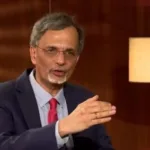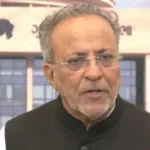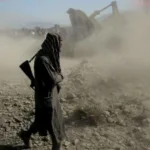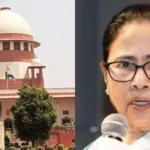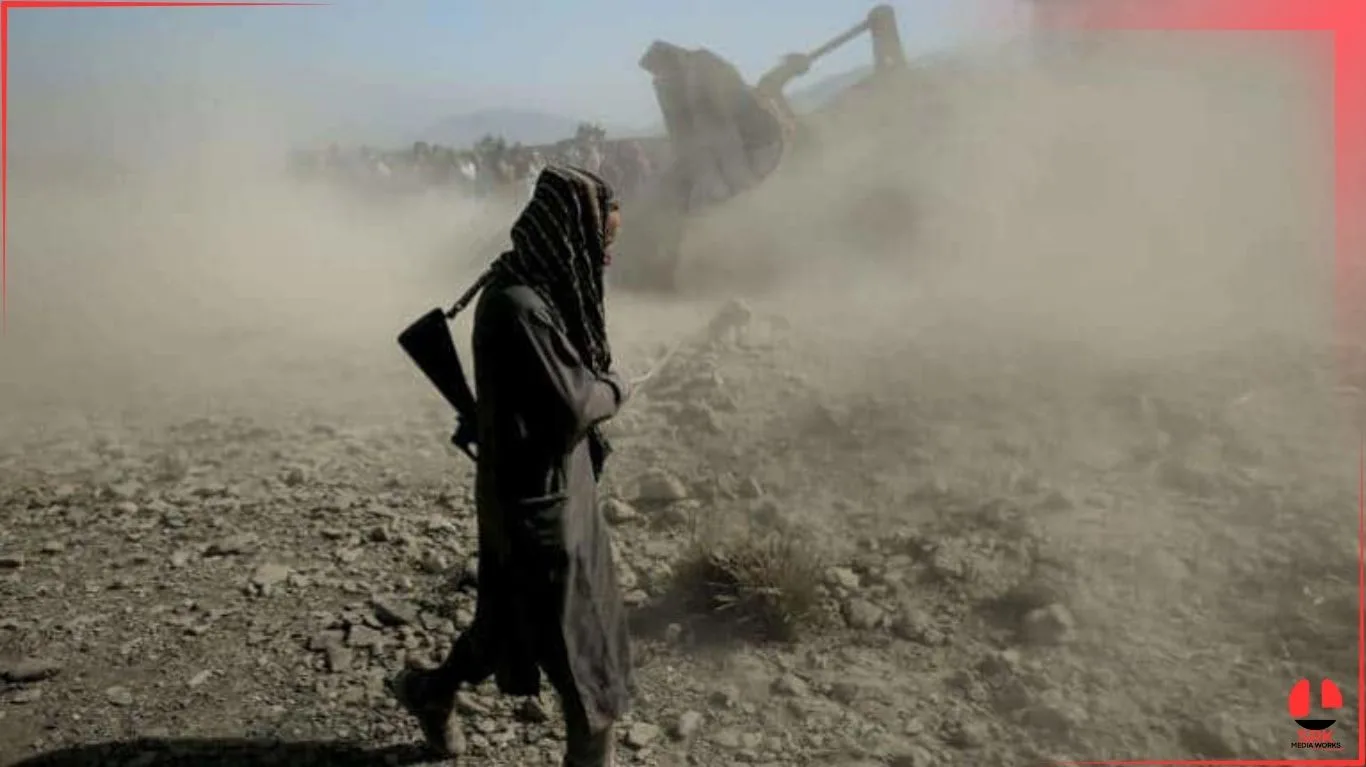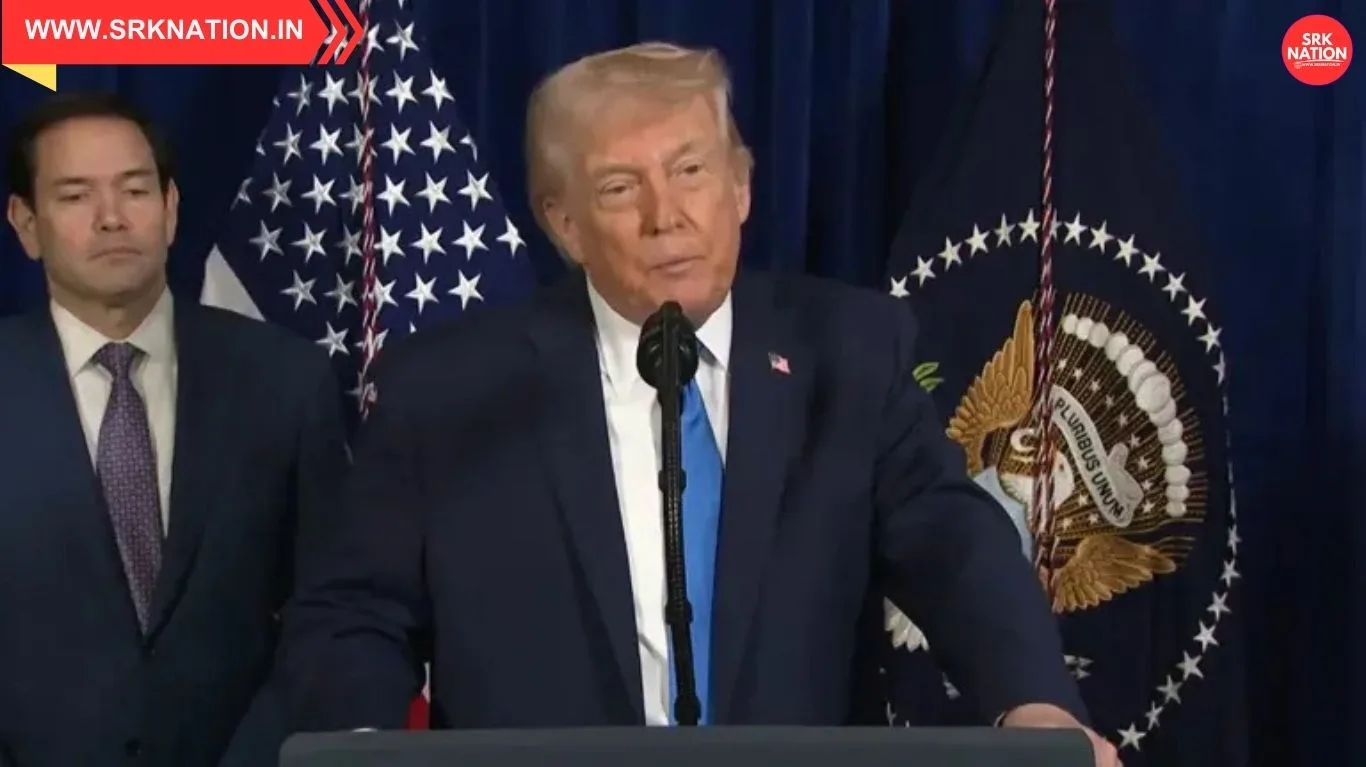The Nobel Prize ceremony is one of the most prestigious global events, celebrating individuals who have made extraordinary contributions to humanity. Yet in 2025, the spotlight has shifted from scientific achievement to political controversy as Nobel laureate Machado finds himself unable to attend the ceremony in person. Reports suggest that Machado, despite winning the Nobel Prize, faces imminent declaration as a fugitive in his home country, preventing him from traveling freely and receiving the award on stage.
Machado’s Nobel Recognition
Machado’s Nobel Prize win was hailed as a landmark achievement. His groundbreaking work in the field of peace and humanitarian advocacy earned him global acclaim. The Nobel Committee praised his relentless pursuit of justice, his efforts to empower marginalized communities, and his courage in speaking truth to power.
However, while the international community celebrated, Machado’s home country took a drastically different stance. Legal proceedings, political disputes, and allegations have cast a shadow over his recognition, leaving him unable to travel abroad without risking arrest.
Why Machado Cannot Attend the Ceremony
The reasons behind Machado’s absence are complex and deeply political:
- Pending Legal Cases: Machado faces multiple charges in his home country, ranging from financial irregularities to alleged violations of national security laws.
- Government Pressure: Authorities have signaled that if Machado attempts to leave the country, he will be declared a fugitive.
- Passport Restrictions: His travel documents have reportedly been revoked, making international travel impossible.
- Diplomatic Tensions: The case has sparked tensions between his country and international organizations, with accusations of political vendetta.
Machado’s Nobel Win vs Legal Challenges
| Aspect | Nobel Recognition | Domestic Legal Status | Impact |
|---|---|---|---|
| Achievement | Humanitarian advocacy, peace efforts | Alleged financial irregularities | Contradictory narratives |
| Global Standing | Celebrated Nobel laureate | Facing trial | Reputation split |
| Travel Freedom | Invited to Nobel ceremony | Passport revoked | Unable to attend |
| Public Perception | Hero abroad | Controversial figure at home | Divided opinion |
International Reaction
The global community has expressed concern over Machado’s situation:
- Human Rights Groups: Condemn attempts to silence Machado, calling it a violation of free speech.
- Diplomats: Urge his country to allow him safe passage to receive the Nobel Prize.
- Academics: Highlight the irony of a Nobel laureate being treated as a criminal domestically.
- Public Opinion: Social media campaigns have rallied behind Machado, demanding justice.
Domestic Narrative
Within his home country, the narrative is starkly different:
- Government Officials: Argue that Machado must face trial before enjoying international recognition.
- Opposition Leaders: Claim the charges are politically motivated to discredit him.
- Media Coverage: Divided between portraying him as a national hero or a controversial figure.
Contrasting Global vs Domestic Views
| Stakeholder | Global View | Domestic View |
|---|---|---|
| Human Rights Groups | Machado is a victim of political persecution | Not applicable |
| Government | Nobel Prize irrelevant to legal charges | Machado must face trial |
| Opposition | Charges are politically motivated | Machado deserves recognition |
| Public | Hero abroad, symbol of resistance | Divided opinions at home |
Symbolism of the Nobel Ceremony
The Nobel Prize ceremony is more than just an award function; it symbolizes global recognition of values like peace, justice, and human dignity. Machado’s absence sends a powerful message:
- Global Irony: A Nobel laureate celebrated worldwide but unable to step outside his country.
- Political Symbolism: Highlights the clash between international recognition and domestic politics.
- Moral Dilemma: Raises questions about whether governments should prioritize justice or political control.
Expert Opinions
- Political Analysts: Suggest Machado’s case reflects broader issues of authoritarian governance.
- Legal Experts: Debate whether declaring him a fugitive violates international law.
- Historians: Compare Machado’s plight to past Nobel winners who faced political persecution.
Future Outlook
Machado’s situation remains uncertain:
- If declared a fugitive, he may never be able to travel abroad.
- The Nobel Committee may allow him to receive the award virtually, though the symbolism of absence will remain.
- International pressure could force his government to reconsider its stance.
- Machado’s legacy will be shaped not only by his Nobel Prize but also by his resilience in the face of adversity.
Conclusion
The story of Machado, the Nobel winner who cannot receive his prize in person because he risks being declared a fugitive, underscores the intersection of politics, justice, and global recognition. While the Nobel Prize celebrates his contributions to humanity, his home country insists on pursuing legal action, leaving him trapped in a paradox of honor and humiliation.
As the world watches, Machado’s case raises critical questions about freedom, governance, and the true meaning of international recognition. His absence from the Nobel stage will remain a symbol of the challenges faced by those who dare to challenge power.
Disclaimer: This article is based on publicly available reports, expert commentary, and international analysis. Readers are advised to follow official Nobel Committee announcements and legal updates for verified details.

